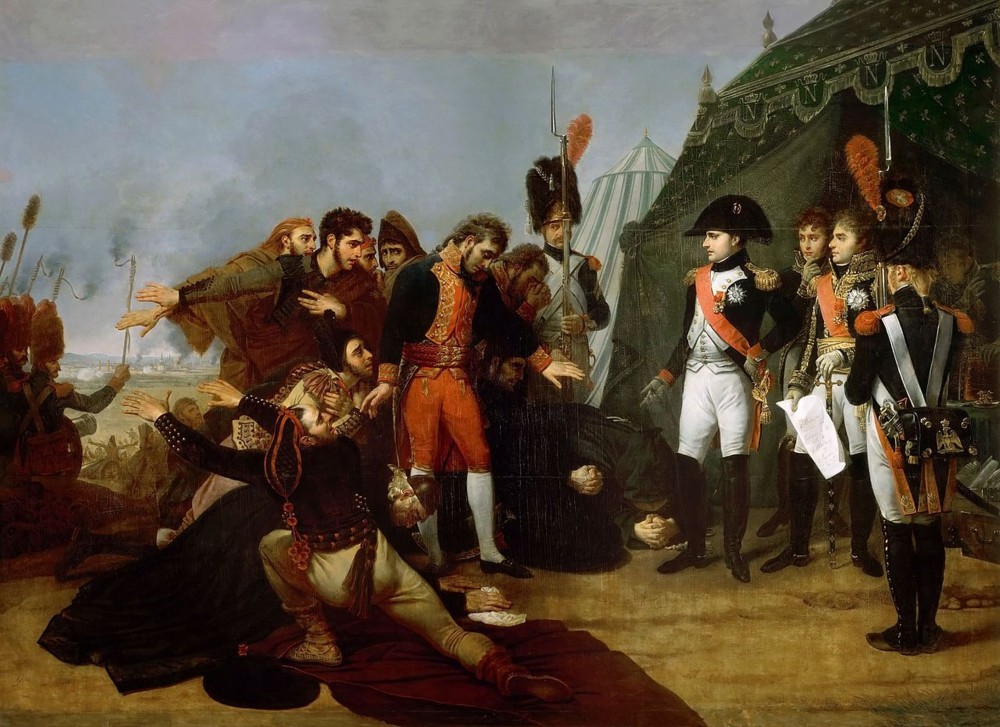
The intervention of the Russian army in Galicia in June 1809, during the War of the Fifth Coalition, was formally the implementation of the alliance with Napoleon (the Treaty of Tilsit). In reality, Russia was concerned with preventing territorial expansion of the Duchy of Warsaw and hoping for a possible seizure of some Austrian lands. The costs of maintaining the Russian army had to be covered by the inhabitants of the part of Galicia they occupied. The value of food, forage sup-plies and taxes collected to supply Russian troops, as well as requisitions, amounted at least to 5.87 million florins. That was a serious sum, all the more so because taxes had already been collected from Galicia and the supplies were transferred to the Austrian army. However, these burdens have not led to the collapse of the country’s economy. This was partly due to the fact that only the ben-eficiary of military supplies changed: the Russian army took the place of the Austrian army. The several-month stay of the Russian army in Galicia contributed to the weakening of the economic and military potential of the Habsburg monarchy at the final stage of the war of 1809, as the state was deprived of the inflow of financial and material resources from its north-eastern areas before the Treaty of Schönbrunn.
Source: Baczkowski M. (2020). Economic consequences of the occupation of Galicia by the Russian army in 1809. History Notebooks. Is. 147 (3): 491-503
Source web-site: https://ejournals.eu/en/journal/prace-historyczne/article/gospodarcze-skutki-okupacji-galicji-przez-wojsko-rosyjskie-w-1809-roku
Number of views: 1633